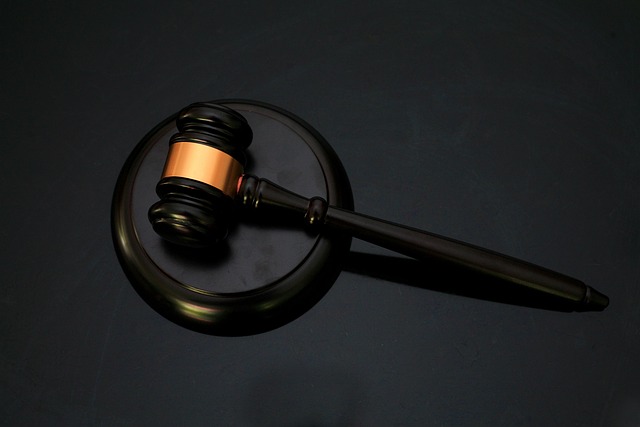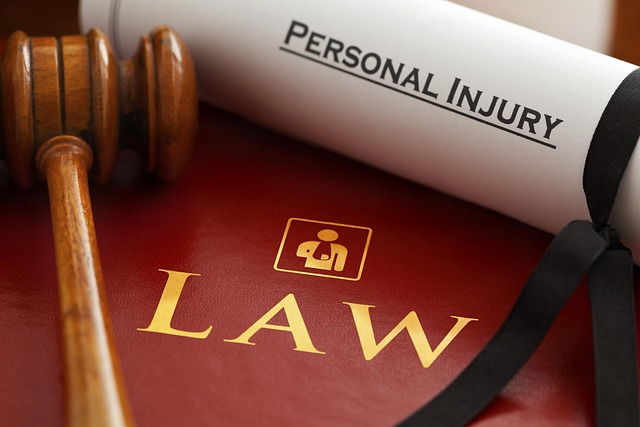A defective product attorney plays a vital role in navigating complex legal frameworks to protect consumers and enforce business safety standards. They combine expertise in product liability law, strict liability, negligence, and warranty claims to gather robust evidence through meticulous investigation techniques. This involves sifting through product records, design blueprints, manufacturing processes, and customer complaints. Once relevant data is gathered, the attorney skillfully organizes and presents it using expert testimony, witness statements, and detailed reports to demonstrate harm caused by defective products. This comprehensive approach significantly enhances clients' chances of achieving justice in personal injury or caregiver abuse lawsuits.
As a defective product attorney, navigating complex legal frameworks is crucial to securing justice for clients harmed by unsafe goods. Understanding the intricate dynamics of product liability law and mastering the art of evidence presentation are pivotal. This article guides you through the critical components, from grasping the legal context to employing strategic case-building techniques. Learn how compelling evidence gathering and effective discovery processes can strengthen your arguments, ultimately enhancing your chances of success in representing clients against culpable manufacturers.
- Understanding the Legal Framework for Defective Product Cases
- Gathering and Presenting Compelling Evidence
- Strategies for Building a Strong Case: From Discovery to Trial
Understanding the Legal Framework for Defective Product Cases

Defective product cases are governed by a complex legal framework designed to protect consumers and ensure businesses hold up to high safety standards. When a defective product causes harm, a defective product attorney plays a pivotal role in navigating this legal landscape. They must understand not only the specifics of product liability law but also related areas such as strict liability, negligence, and warranty claims.
In many cases, successful legal action hinges on robust evidence – from product testing reports to expert witness testimony – that conclusively proves the product’s defect and its direct link to the resulting injuries. This is where an experienced defective product attorney leverages their knowledge of medical negligence, employment disputes, or auto accident attorneys (as relevant) to gather compelling evidence, build a strong case, and secure justice for clients.
Gathering and Presenting Compelling Evidence

For a defective product attorney, gathering and presenting compelling evidence is paramount to securing justice for clients. The process begins with thorough investigation, involving the examination of product records, design blueprints, manufacturing processes, and customer complaints. This initial phase aims to uncover potential defects and establish liability. Personal injury attorneys specializing in product liability must be adept at interpreting complex data and translating it into clear, concise evidence that can stand up in court.
Once relevant information is gathered, the attorney must organize and present it in a compelling manner. This includes expert testimony, witness statements, and detailed reports that illustrate the harm caused by the defective product. By effectively showcasing these elements, a defective product attorney strengthens their case, ensuring a stronger chance of success for their client, whether it’s a caregiver abuse victim seeking redress or an individual dealing with personal injury due to faulty merchandise.
Strategies for Building a Strong Case: From Discovery to Trial

Building a compelling case for a defective product attorney requires a strategic approach from discovery to trial. The initial stages involve meticulous document review and fact gathering, where every detail can be crucial. A skilled attorney will analyze product manuals, sales records, and incident reports to identify patterns or red flags indicating negligence on the part of the manufacturer or seller. This includes understanding the applicable laws and regulations related to defective products, such as product liability standards, which vary across jurisdictions but share common principles of duty of care, breach, causation, and damages.
As the case progresses, the focus shifts to gathering compelling evidence through expert witnesses, witness testimonies, and physical demonstrations. Demonstrating a causal link between the defect and the harm sustained by the plaintiff is paramount. This may involve intricate product testing and analysis to pinpoint the source of the problem. Effective case building also entails managing discovery processes, including depositions and interrogatories, to uncover hidden evidence and strengthen the argument presented by the defective product attorney. Ultimately, a robust strategy guides the attorney through pre-trial motions, settlement negotiations, or a successful trial, aiming to secure justice for the client affected by a defective product.
For a successful outcome in defective product cases, the role of an experienced attorney cannot be overstated. Understanding the legal framework and employing effective evidence gathering strategies are key to building a strong case. A defective product attorney guides clients through complex procedures, ensuring their rights are protected. By presenting compelling evidence and utilizing strategic discovery methods, attorneys can navigate the challenges of trial and advocate for the best possible outcome for their clients.






